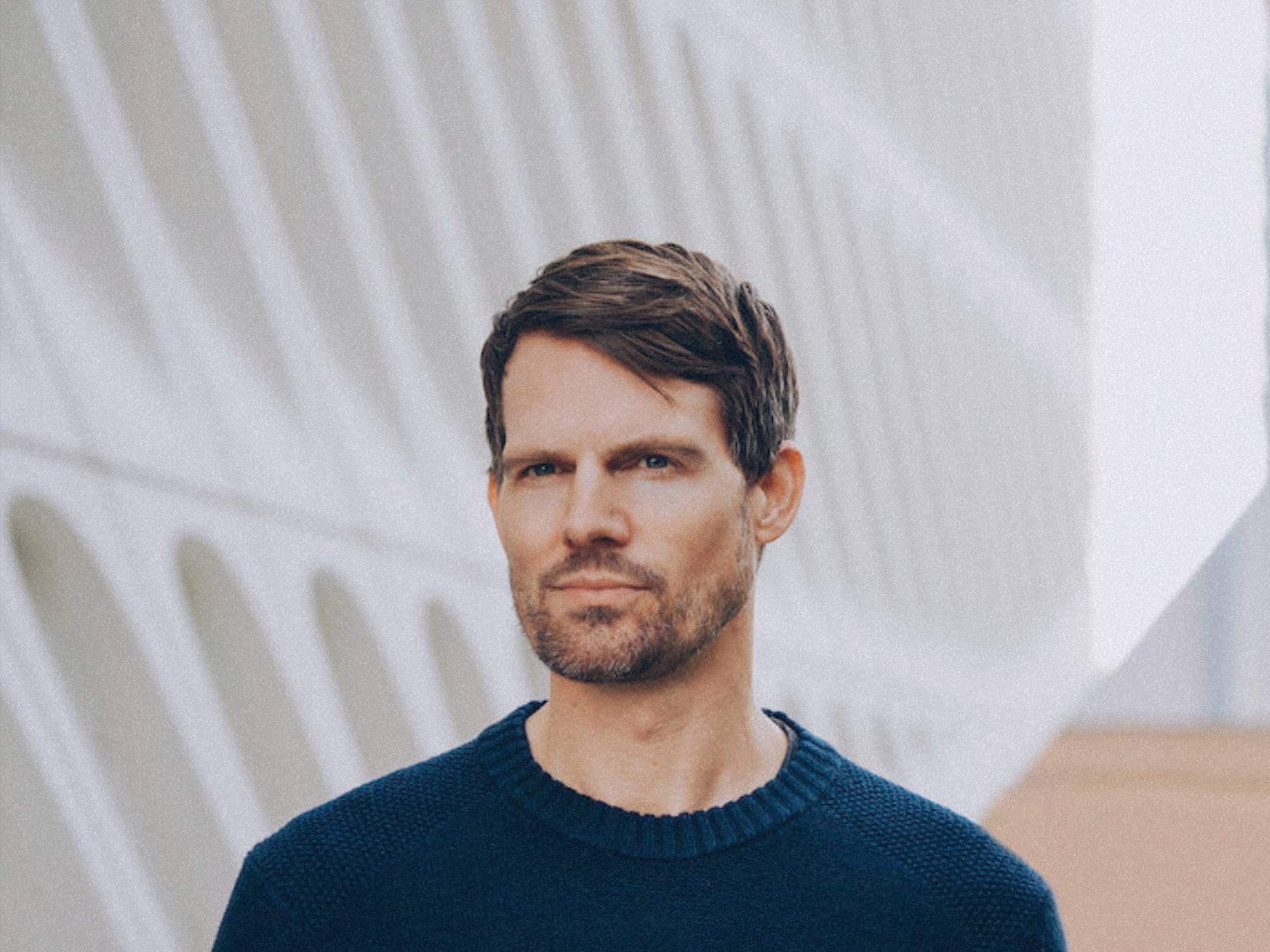“Both the beauty and the problem with hardware instruments is that you’re locking in those settings”: Producer Tycho on software vs hardware in recording
“Software has just come so far,” he says.

Credit: Press
Producer and composer Tycho has weighed in on the software vs hardware debate when it comes to recording.
The artist – whose real name is Scott Hansen – has been releasing music since the early 2000s, and has shared how when he was first starting out, “everything was digital,” but overtime, hardware synths like the iconic Korg MS-20 allowed him to experience the other side of the coin.
Tycho recently spoke with us at MusicTech for a special feature on the Korg MS-20 and MS-20 Mini surrounding the 45th and 35th anniversaries of each, respectively.
“I first came into contact with the MS-20 without knowing it, through Daft Punk’s track Da Funk,” he shares with us. “That sound resonated with me. I’d never even touched a musical instrument when I heard that song. I’m sure I’ve heard it in a bunch of other places as well, but hearing that, I was like, ‘Man. That’s a really cool sound’.
“When I started making music, everything was digital, everything was ‘virtual analogue’. I had Access Virus, the Novation Nova series, and all that stuff. I just thought that’s what a synthesiser was: massive polyphony, reverb built in… all that. So I just didn’t understand what the point of a monophonic synth was.”
One day, a friend of his gave him an MS-20. As it was his first experience with a hard synth, he “didn’t connect with it at first.”: “Over the years, I just kept messing with it and started really finding all its cool quirks, particularly the filters, and the resonance.”
Later in the feature, he explained that despite the magic of the Korg icon, soft synths remain his prime choice: “Software has just come so far,” he says. “Both the beauty and the problem with [recording] hardware instruments is that you’re locking in a performance, locking in those settings. I’ve been trying to make the album I’ve been working on lately a lot more dynamic in terms of automation: filters opening up or certain sounds changing over time. So whenever possible, I’ve been using software.
“UA makes this amazing Minimoog emulation, Arturia makes one of the MS-20. So there are these counterparts that I feel are just as good as the hardware, and I feel the same when I play them. And that’s really all that matters. The MS-20 is a pretty complex instrument, so it’s amazing to be able to go back and be like: ‘Oh, what if I’d done this? Or what if I’d patched this differently? What if the filter opened a little bit more here? So in that sense, it’s been amazing to be able to work with those software counterparts.”
View the latest projects from Tycho via his official website.